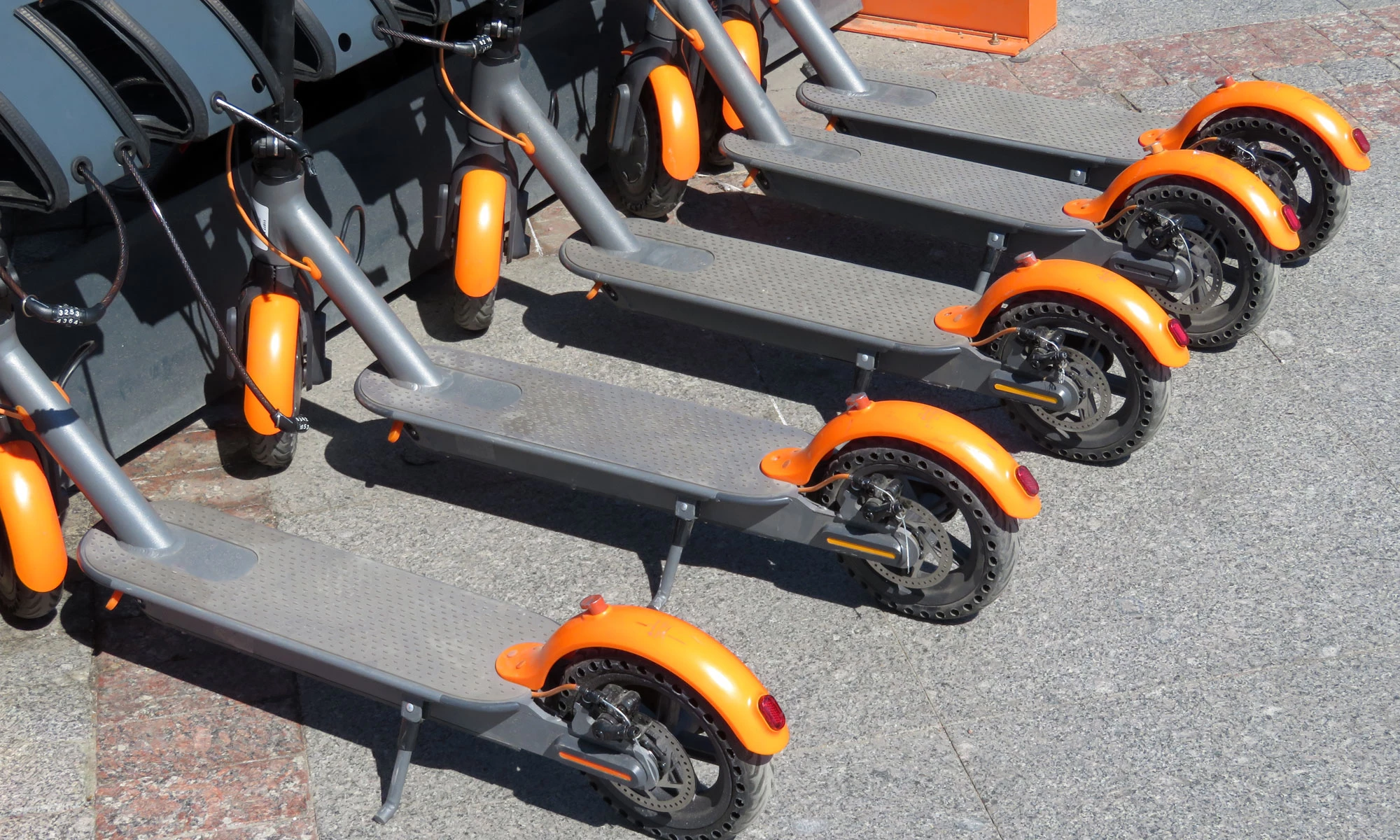Approval regulations in Germany
According to the new decision, electric pedal-scooters will be allowed to drive at a maximum speed of up to 20 km/h exclusively on cycle paths or lanes, and if not available on the road as well. The use of pedestrian paths and zones is not permitted. According to the new regulations, riders must be at least 14 years old and do not require a helmet or a driving licence. However, they are subject to compulsory insurance and must therefore bear an insurance number plate.
Special features for manufacturers and distributors
In addition to the Small Electric Vehicles Ordinance (eKFV), which primarily shows a classification of the various small electric vehicles, such as E-Scooters, and derives their legal provisions from it, there are a number of other binding directives and legal provisions to be considered at EU level and thus for Germany.
At the top of the list is product safety (Directive 2001/95EC), which is mandatory for all products, and, depending on the technical properties of the products, other provisions such as the Toys Directive, Battery Directive, REACH Regulation and others must also be examined. In addition to the technical properties associated with the eKFV, manufacturers and distributors should ensure compliance with the mandatory regulations concerning product safety and consumer protection in order to distribute fully compliant products.
Excerpt of the technical regulations to be observed for E-Scooters
In particular, the procurement of partial components or entire scooters by third-party manufacturers or suppliers translates into special duty of care for distributors and suppliers of E-Scooters in Germany in terms of product conformity and product safety. Depending on the equipment and variant, E-Scooters must comply with the Machinery Directive (2006/42/EC), the Electromagnetic Compatibility Directive (2014/30/EU), the Directive on the Restriction of the Use of Certain Hazardous Substances in Electrical and Electronic Equipment (2011/65/EU) and the Low Voltage Directive (2014/35/EU) depending on the characteristics of the charging technology.

